The People’s Authoritarian
The psychology of Putin, the ideology of his regime, and the machinery received exhaustive attention in the West. The Russian people, however, remain poorly understood.
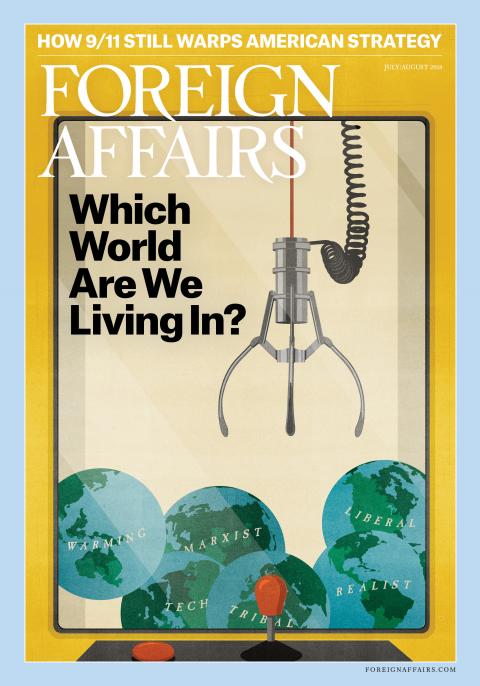 Courtesy: Foreign Affairs
Courtesy: Foreign Affairs
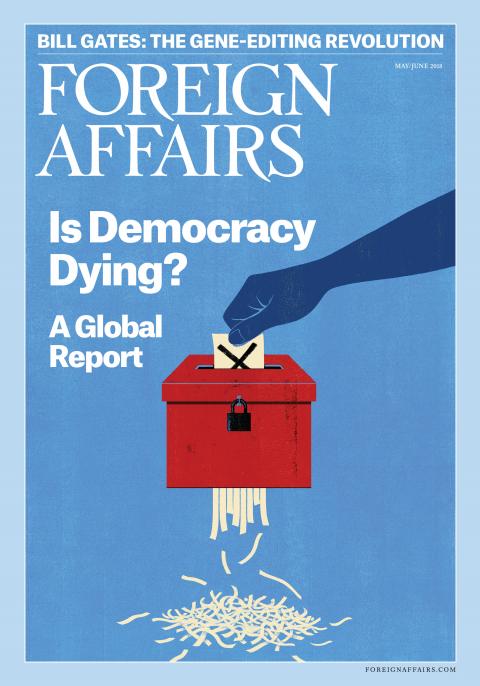 Courtesy: Foreign Affairs
Courtesy: Foreign Affairs
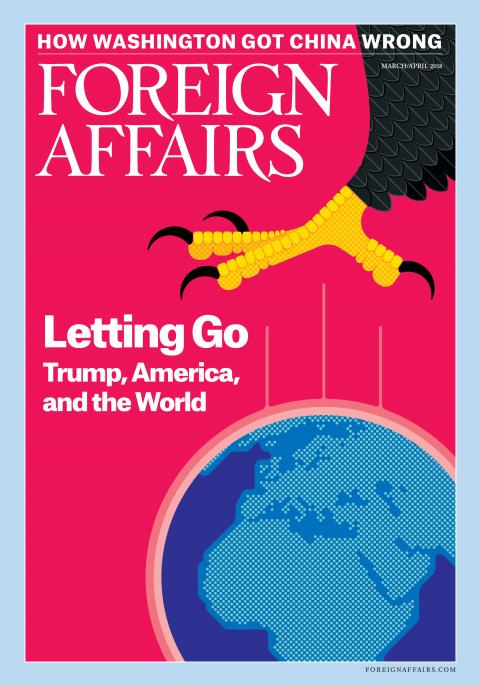 Courtesy: Foreign Affairs
Courtesy: Foreign Affairs
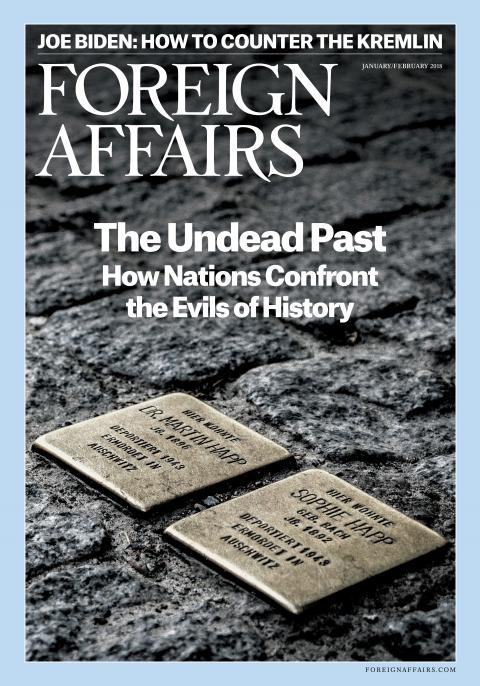 Courtesy: Foreign Affairs
Courtesy: Foreign Affairs
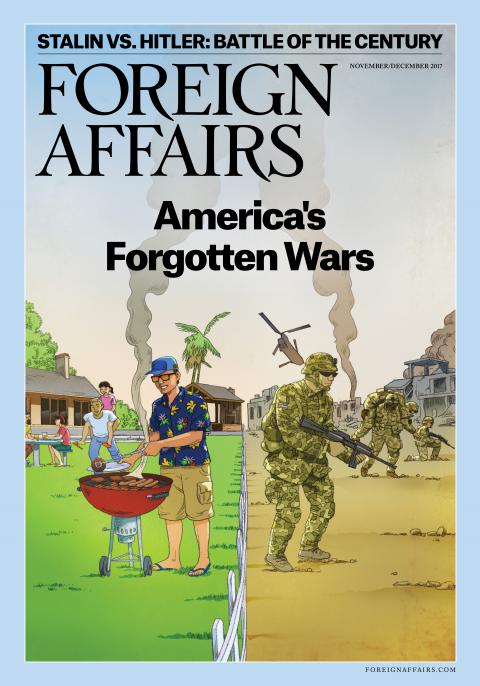 Courtesy: Foreign Affairs
Courtesy: Foreign Affairs
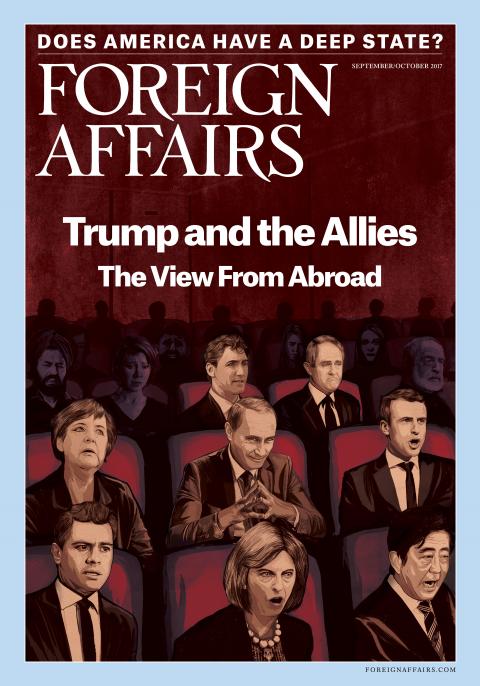 Courtesy: Foreign Affairs
Courtesy: Foreign Affairs
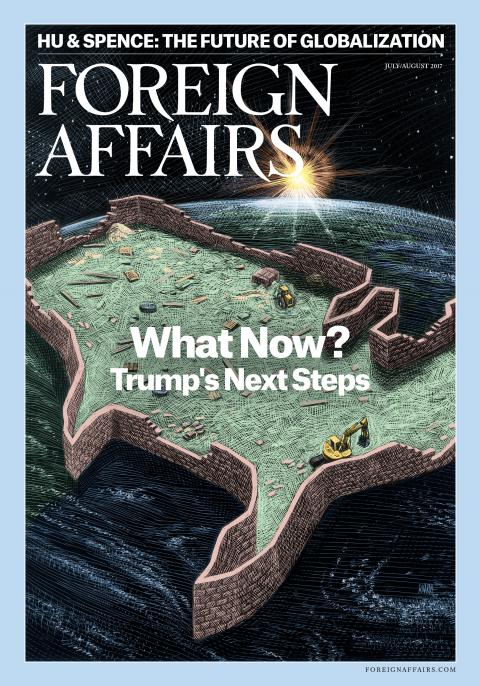 Courtesy: Foreign Affairs
Courtesy: Foreign Affairs
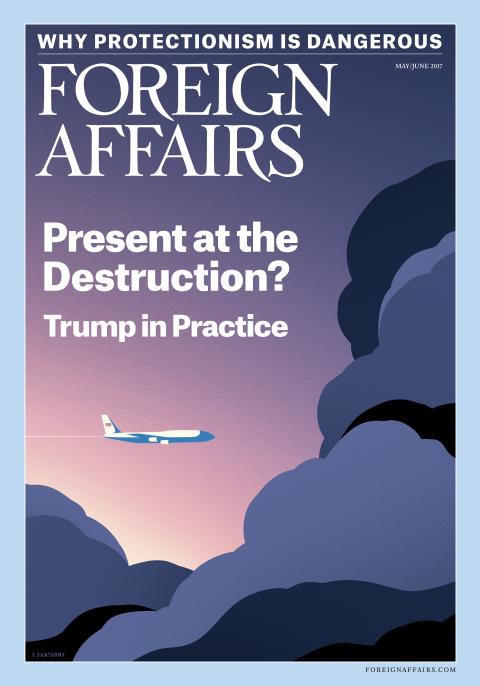 Courtesy: Foreign Affairs
Courtesy: Foreign Affairs
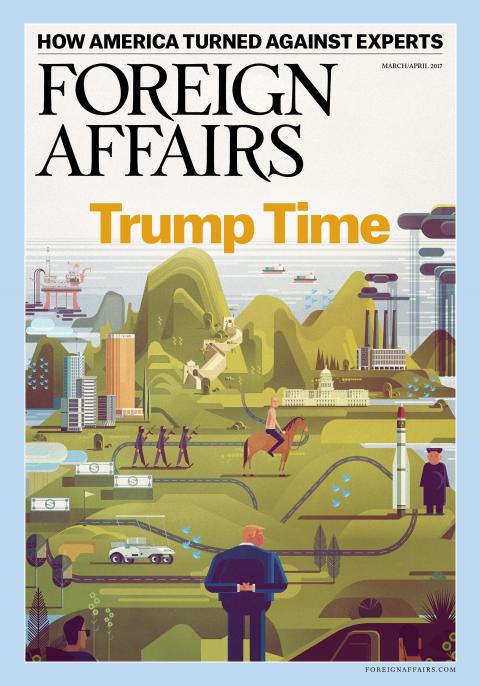 Courtesy: Foreign Affairs
Courtesy: Foreign Affairs
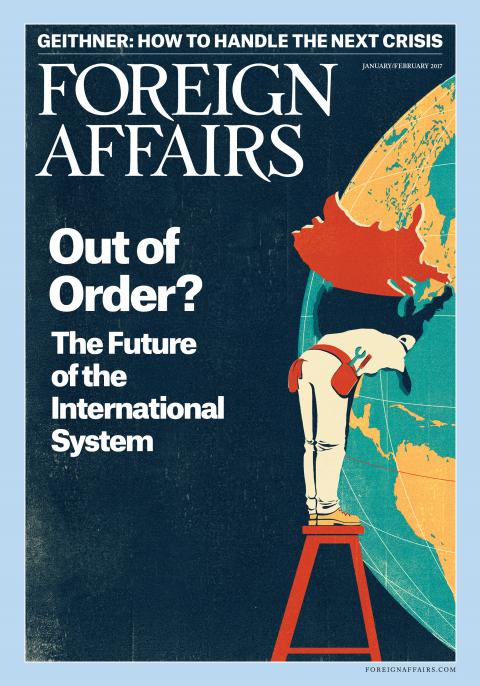 Courtesy: Foreign Affairs
Courtesy: Foreign Affairs
